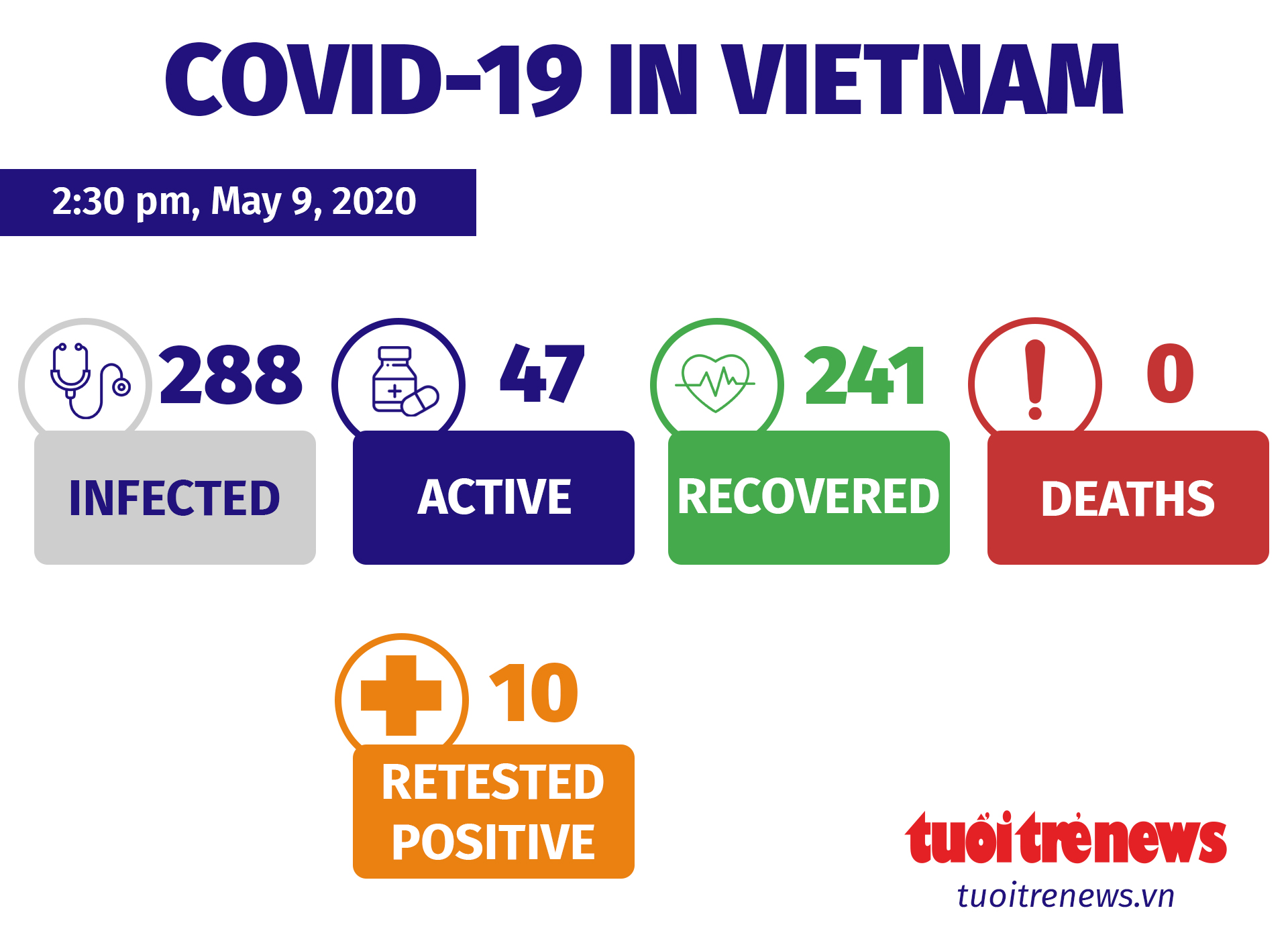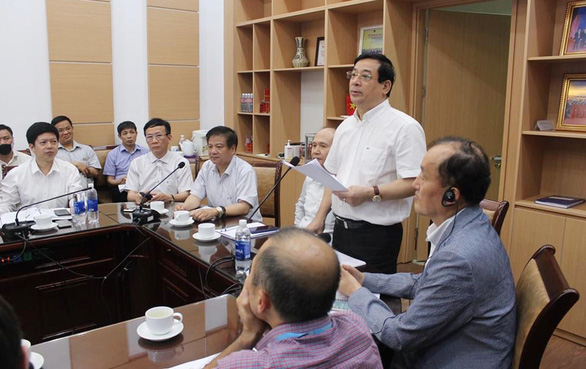Vietnam’s Ministry of Health is considering offering a lung transplant as a last resort to save a British man in Ho Chi Minh City infected with the novel coronavirus that causes the respiratory disease called COVID-19.
The man, a Vietnam Airlines pilot, went down with the viral disease in mid-March and has been treated at the Ho Chi Minh City Hospital for Tropical Diseases for 52 days.
He has been in a critical condition for weeks, requiring life support from a ventilator and an extracorporeal membrane oxygenation (ECMO) machine, which is used when a person’s heart or lungs are unable to function fully.
The infirmary has had to import the best available drugs from overseas to treat his blood-clotting disorders.
The total cost for the Briton's treatment since his hospitalization has amounted to around VND5 billion (US$216,500) so far, according to information acquired by Tuoi Tre (Youth) newspaper.
Despite these efforts, his pulmonary consolidation has been worsening, affecting both of his lungs and making the use of a ventilator no longer effective, according to Prof. Dr. Nguyen Van Kinh, head of the health ministry’s professional council for COVID-19 treatment.
Consolidated lungs will eventually become a breeding ground for bacteria to develop and multiply, Kinh said at a meeting on Friday focused on new COVID-19 treatment and testing strategies, adding doctors were considering the option of performing a lung transplant on the British patient.
According to Dr. Pham Van Phuc of the National Hospital for Tropical Diseases who also attended Friday’s meeting, the British patient is a “severe” case of COVID-19 infection.
“If ECMO does not work [for the patient], a lung transplant is almost the last resort,” Phuc said, adding that a number of COVID-19 patients in China are also reported to have received successful lung transplants.
However, he admitted medical reports on lung transplants on COVID-19 patients remain scarce.
The lungs needed for the transplantation can come from a brain-dead donor or a living family member of the British patient.
However, the complicated surgery can only be carried out if the patient’s condition is ready, the donor’s lungs are compatible with his blood type, and the donor and recipient’s differences in height, weight, and lung size do not exceed 20 percent.
An expert was not optimistic when talking with Tuoi Tre about the success rate of a lung transplant on the Briton.
The expert was concerned that the man has required intensive care for too long and is at a high risk of suffering from surgical site infections.
“There is little chance of success for the British pilot’s receiving a lung transplant,” the expert said.
 |
Like us on Facebook or follow us on Twitter to get the latest news about Vietnam!





















































